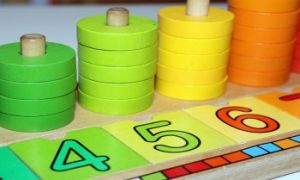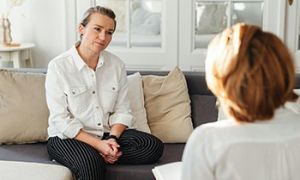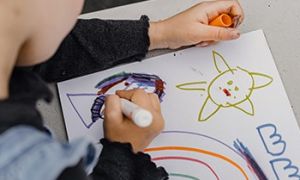The Early Years Learning Framework recognizes the inextricable links that belonging, being and becoming have with learning. As part of this recognition, the framework elaborates learning outcomes, principles and practices for educators that will help them meet their professional goals while ensuring personal growth and well-being too. The following article provides definitions of belonging, being and becoming.
Belonging relates to connections and relationships with other educators and professionals from other disciplines. Your sense of belonging will likely play a significant role in developing curriculum as well as teaching practices. Such processes are best evolved from interactive decision-making by children, parents and families, educators and the broader community to foster children’s learning.
For educators, belonging also includes participation in professional organisations and networks so that you can imbibe, reflect and discuss new lines of inquiry and research.
Being relates to the individuality of each early childhood educator. It is well recognized that every educator brings to their teaching practice a whole suite of beliefs, attitudes to learning much of which is the result of their environment. This individuality influences among other things, curriculum choices, approaches for managing behaviour, classroom set up, choice of resources, teaching strategies, assessment tools as well as interactions with other people.
One of the best places to understand what you are bringing to the educator’s role is to reflect on your unique collection of knowledge, experience and perspectives to planning, practice and relationships. For example ask yourself if the focus in your curriculum is big enough to be inclusive of children’s emergent ideas? Does the curriculum look the same for all children or on in what ways are you listening to culturally diverse families, including Aboriginal and Torres Strait Islander families.
For example you could choose an article from the newspaper or a TV clip that could provoke conversation and debate about controversial issue like playing with guns during pretend play. Share the article or clip with your colleagues and discuss whether there are particular subjects you would never consider raising through your curriculum and the reasons for the same. Such exercises will not only help you understand the principles and processes that inform your own curriculum decisions and teaching practices but also that of your team and environment.
Becoming relates to the importance of learning and reflecting in order to increase professional knowledge, and improve skills and practices. To get started with this, choose a practice or learning goal from your educational practice. Gather information and evidence on how it is currently unfolding and identify patterns, if any. Reflect upon what your data, numbers or documentation is telling you.
Often this understanding is easier if you can frame a question and explore it further. Follow up the reflection process by decide upon a course of action which can involve a change of practice as well. Evaluate the change and if needed, repeat the process.
Further Reading
Belonging, Being & Becoming Concepts Of The EYLF - The following article provides strategies to include belonging, being and becoming within the learning environment.
Free EYLF Version 2.0 Posters and Cheat Sheets - The following provides a list of cheat sheets and free printables based on EYLF Outcomes Version 2.0. These can be used as a reference point for Educators. They can also be used to refer to when documenting and planning.
References:
Nation Quality Framework Resources, ACECQA
Educators Guide To The EYLF, ACECQA


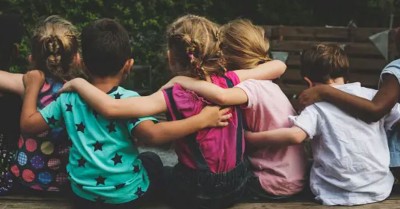
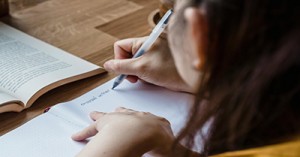
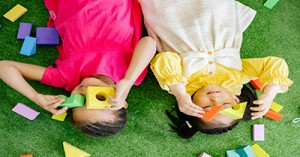
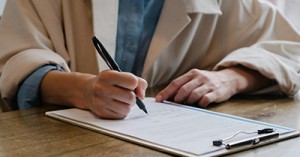
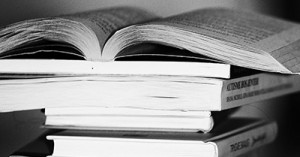
 As an Educator in Australia, your pay rate falls under the Children’s Services Award 2010. This award states the minimum amount that an employer can
As an Educator in Australia, your pay rate falls under the Children’s Services Award 2010. This award states the minimum amount that an employer can When working as a qualified Early Childhood Teacher (with a university degree) within a service, your rate of pay will come from the Educational Services
When working as a qualified Early Childhood Teacher (with a university degree) within a service, your rate of pay will come from the Educational Services When working as a Diploma Qualified Educator your pay rate is from the Children's Services Award 2010. This Award states your minimum rate of pay
When working as a Diploma Qualified Educator your pay rate is from the Children's Services Award 2010. This Award states your minimum rate of pay When working as a Cert 3 Qualified Educator, your pay rate is from the Children's Services Award 2010. This Award states your minimum rate of
When working as a Cert 3 Qualified Educator, your pay rate is from the Children's Services Award 2010. This Award states your minimum rate of Educational Leaders play a crucial role in their early childhood service by ensuring that the educational program aligns with best practices and supports the holistic
Educational Leaders play a crucial role in their early childhood service by ensuring that the educational program aligns with best practices and supports the holistic In early childhood education and care, ratios are more than a technicality—they are a frontline safeguard. Every child deserves responsive supervision, emotional connection, and developmental
In early childhood education and care, ratios are more than a technicality—they are a frontline safeguard. Every child deserves responsive supervision, emotional connection, and developmental With the new national child safety reforms kicking in on 1 September 2025, early childhood services like yours have a real opportunity to lead the
With the new national child safety reforms kicking in on 1 September 2025, early childhood services like yours have a real opportunity to lead the Here’s a comprehensive Mobile Phone and Smart Watch Policy tailored for early childhood education and care (ECEC) services in Australia, aligned with the latest 2025
Here’s a comprehensive Mobile Phone and Smart Watch Policy tailored for early childhood education and care (ECEC) services in Australia, aligned with the latest 2025 The Sea of Fish Challenge is a national initiative that invites children, educators, families, and communities to create and display fish artworks as a symbol
The Sea of Fish Challenge is a national initiative that invites children, educators, families, and communities to create and display fish artworks as a symbol Across the early childhood education and care sector, educators are sounding the alarm: current staffing ratios are insufficient to deliver safe, meaningful, and developmentally appropriate
Across the early childhood education and care sector, educators are sounding the alarm: current staffing ratios are insufficient to deliver safe, meaningful, and developmentally appropriate